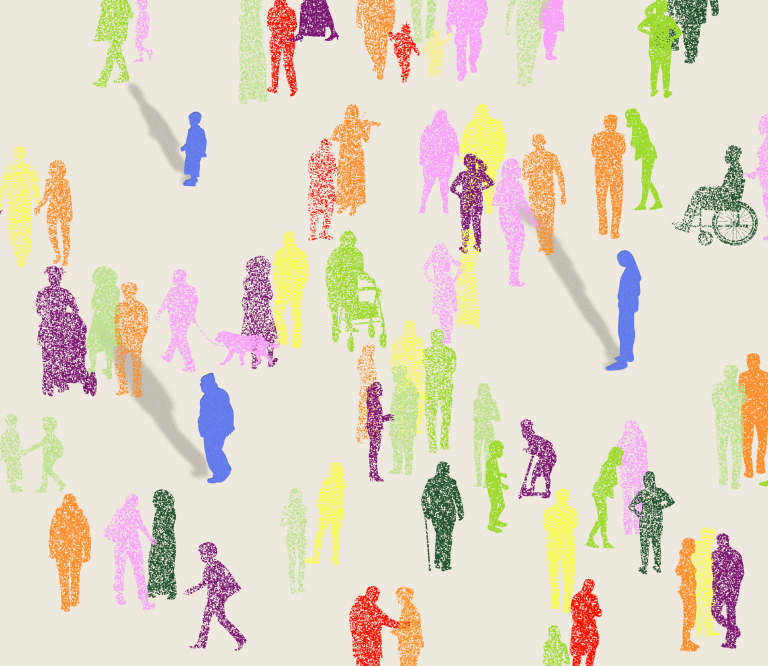Interview with Dr. Marian Berryhill (Humans of Neuroscience)
- Simply Neuroscience
- Dec 29, 2022
- 2 min read

Dr. Marian Berryhill, Ph.D., is an associate professor and the PI of the Memory and Brain Lab at the University of Nevada, Reno. Dr. Berryhill completed her undergraduate studies at Hamilton University, where she researched vibrotactile perception with Dr. George Gescheider. She completed her graduate studies at Dartmouth College, where she
focused on aspects of ophthalmology. She then completed her postdoc training at the University of Pennsylvania and Temple University. Currently, she is an associate professor at the University of Nevada, Reno, where she also serves as the PI of the Memory and Brain Lab. Learn more about her journey below!
How did you discover your interest in the brain, and when was that?
I discovered my interest in the brain [while taking] AP Biology in high school, and then at college while taking courses covering neuroscience.
What is your current career and involvement in neuroscience and/or psychology?
I am currently an associate professor in the Program of Cognitive and Brain Sciences and the Program of Integrative Neuroscience at the University of Nevada, Reno. I am also the PI of the Memory and Brain Lab at the University of Nevada, Reno.
What are the hardest parts of your work?
There are multiple hardest parts of becoming an academic researcher. First, there are very few jobs like mine, and there are a lot of people who want those jobs. Thus, you have to keep in mind that you are competing against a huge field of amazing talent. That motivated me to stay in the lab and be productive so as to try to keep doors open for myself in grad school. Getting a postdoc is also really competitive and important to choose carefully. So that was really a hard part of my career, trying to get a postdoc. Then, trying to get a job interview during the Great Recession was hugely stressful; there were only a few dozen jobs [like mine] in the country. Thankfully, miraculously, I got one. Phew.
How does neuroscience and/or psychology impact your everyday life?
I am a student of behavior. I watch those around me and get perplexed, trying to understand “why” and “how” we do things, and then I go look in the brain to determine what allows that pattern of behavior to emerge. People can be surprising, and this intrigues me on a continual basis.
If you could change one thing about your journey with the brain, what would it be?
I would love to be smarter and clearer-thinking. I would like to remember more of the papers I read and be better able to put complex information together. This would facilitate my performance and maybe make my findings more impactful. The academic domain is full of really smart people, and it is really humbling and inspiring to watch some amazing researchers’ careers and to witness the work from their incredible brains.
Do you have any thoughts you would like to share with younger generations of students interested in the brain?
Work hard, make sure it is for you, learn how to code (really well), find the field you want to be a part of, and join in!
Please note that this interview was conducted in 2019. We have recently reformatted and made minor clarity edits to publish on the Simply Neuroscience Blog!











Comments